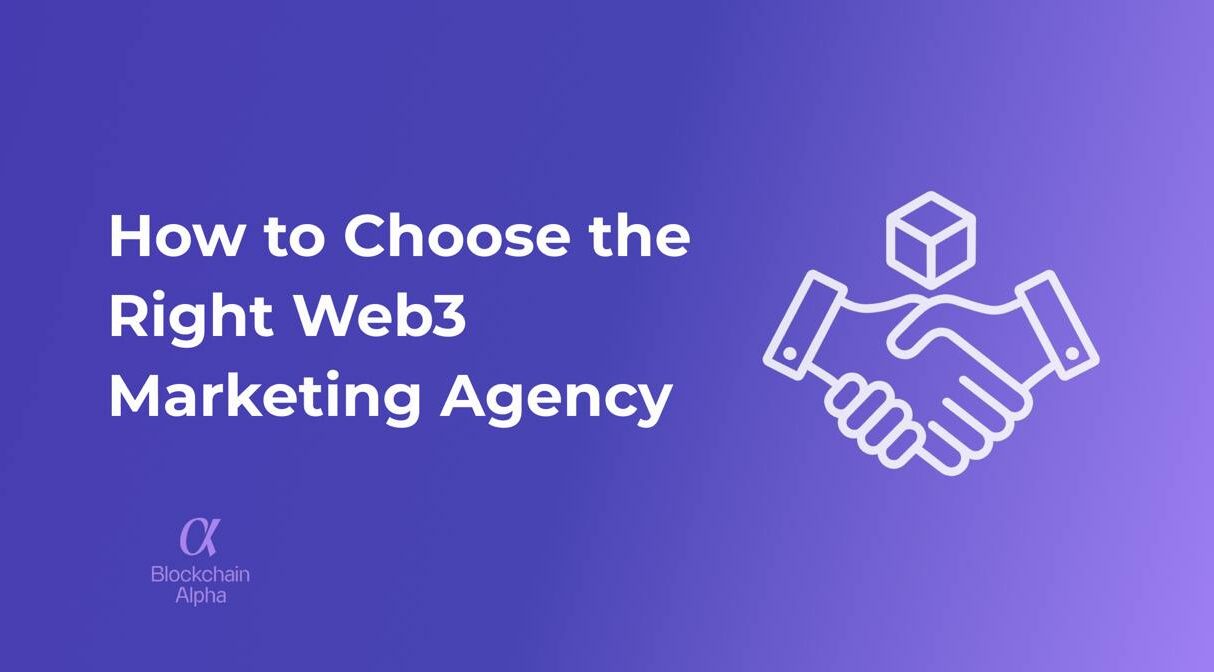Over 101 web3 startups have raised nearly $1 billion in funding in the span of a year, yet many of them struggle to effectively communicate their value and retain users beyond the initial hype. That’s where Web3 marketing agencies step in. But is a marketing partnership the right step for your company or protocol? This
